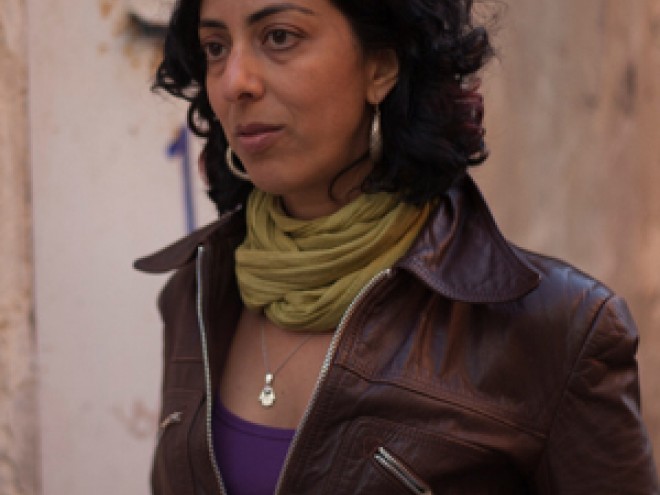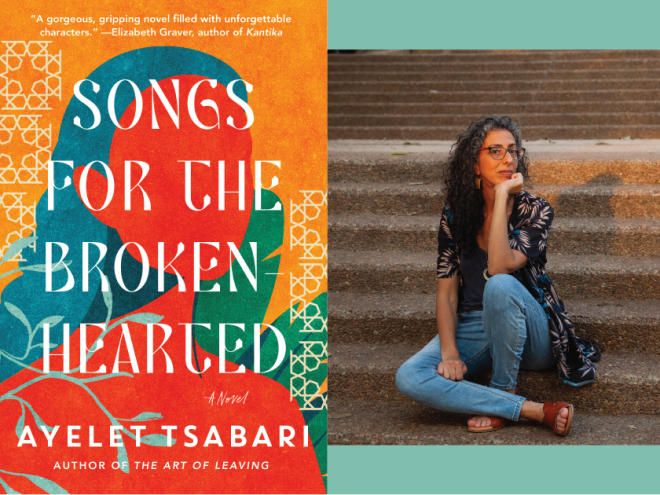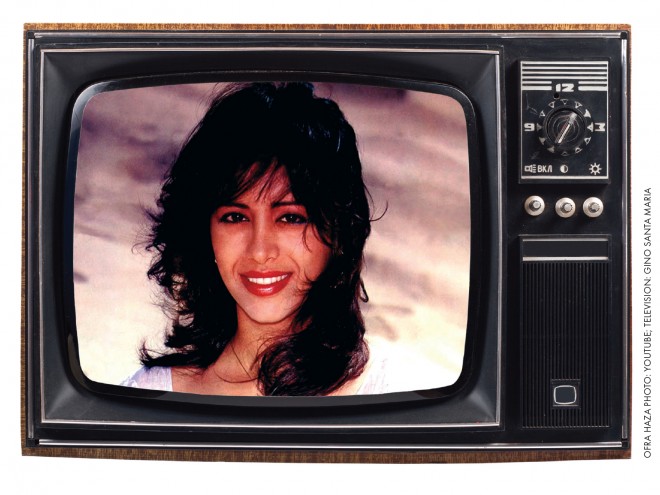2015 Sami Rohr Prize winner Ayelet Tsabari deftly applies the influences of her American short story contemporaries to a collection of narratives from that other country of immigrants. Set between Israel and Canada of the past few decades, The Best Place on Earth flits through the day-to-day life of modern history, alighting on the Persian Gulf War, the Second Intifada, the occupation and withdrawal from the Sinai Peninsula, and the countless, nameless campaigns on Gaza. Imbuing the difficult circumstances and realities of Israeli (and expat) life with the softening sweetness of its details, Tsabari imparts a yearning for home that resonates across the globe.
Despite the specificity of the settings and their denizens, every story in The Best Place on Earth harbors a beacon of universality, of critical humanness. The expressions of marginality in each protagonist — dark skin, black curls, the lingering scents of exotic foods, numbed or numbing pains of displacement — are but shells to the relationships and interactions thrumming steadily at the heart of Tsabari’s writing. A pair of teenage friends navigating a summer of independence in Eilat could just as well be two girls from rural Texas; denigrating and absent fathers molded by lifelong enlistment in the IDf translate as career soldiers in any modern army; the divisions between members of Yemenite families are the same as those described in a Mario Puzo novel or Jhumpa Lahiri’s stories, only with a distinct Middle Eastern piquancy. The alternating selfishness and generosity of older siblings, the line in the sand for grandparents priding themselves on progressive values, the lurch of seeing an ex unexpectedly a lifetime later, and the guilt of being unable to love someone back as they deserve pile into a latent homesickness — batted resiliently away until a sting of nostalgia puts the ever-spinning world on pause — for “the best place on Earth,” wherever that might be.
Unassumingly captivating, Ayelet Tsabari’s stories stealthily, steadily engulf the reader like dreams from the Sandman. The Best Place on Earth opens worlds foreign and coaxes you inside, steering so gently, so quietly you do not realize you have been absorbed until you emerge, blinking, from a moment you never meant to enter.
Nat Bernstein is the former Manager of Digital Content & Media, JBC Network Coordinator, and Contributing Editor at the Jewish Book Council and a graduate of Hampshire College.





